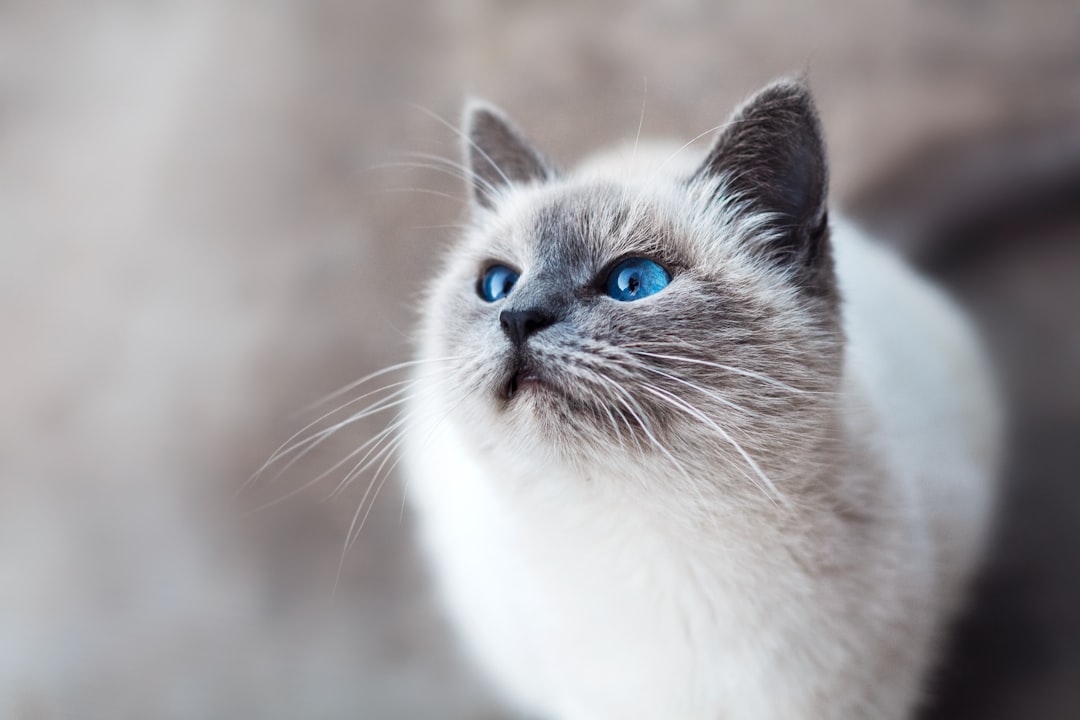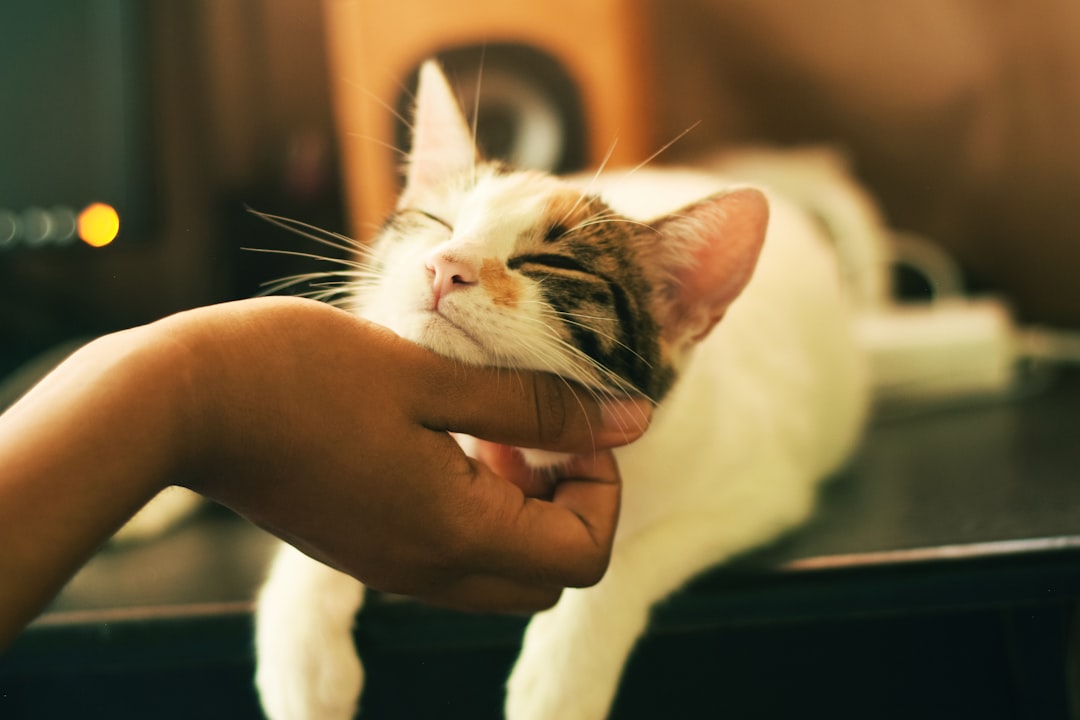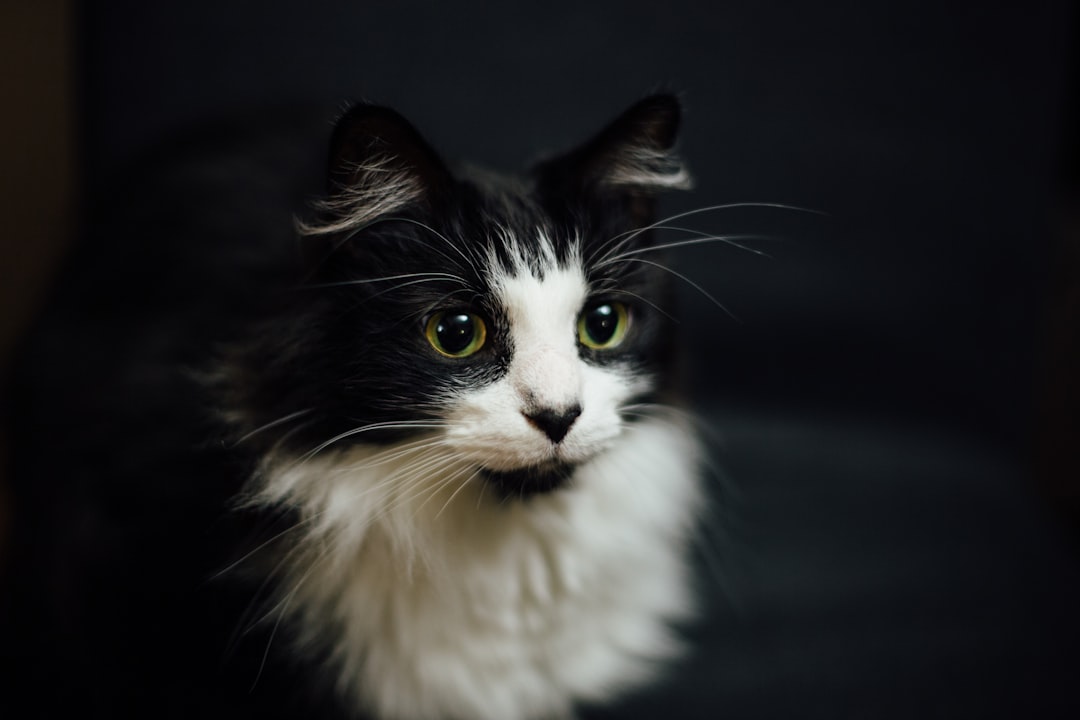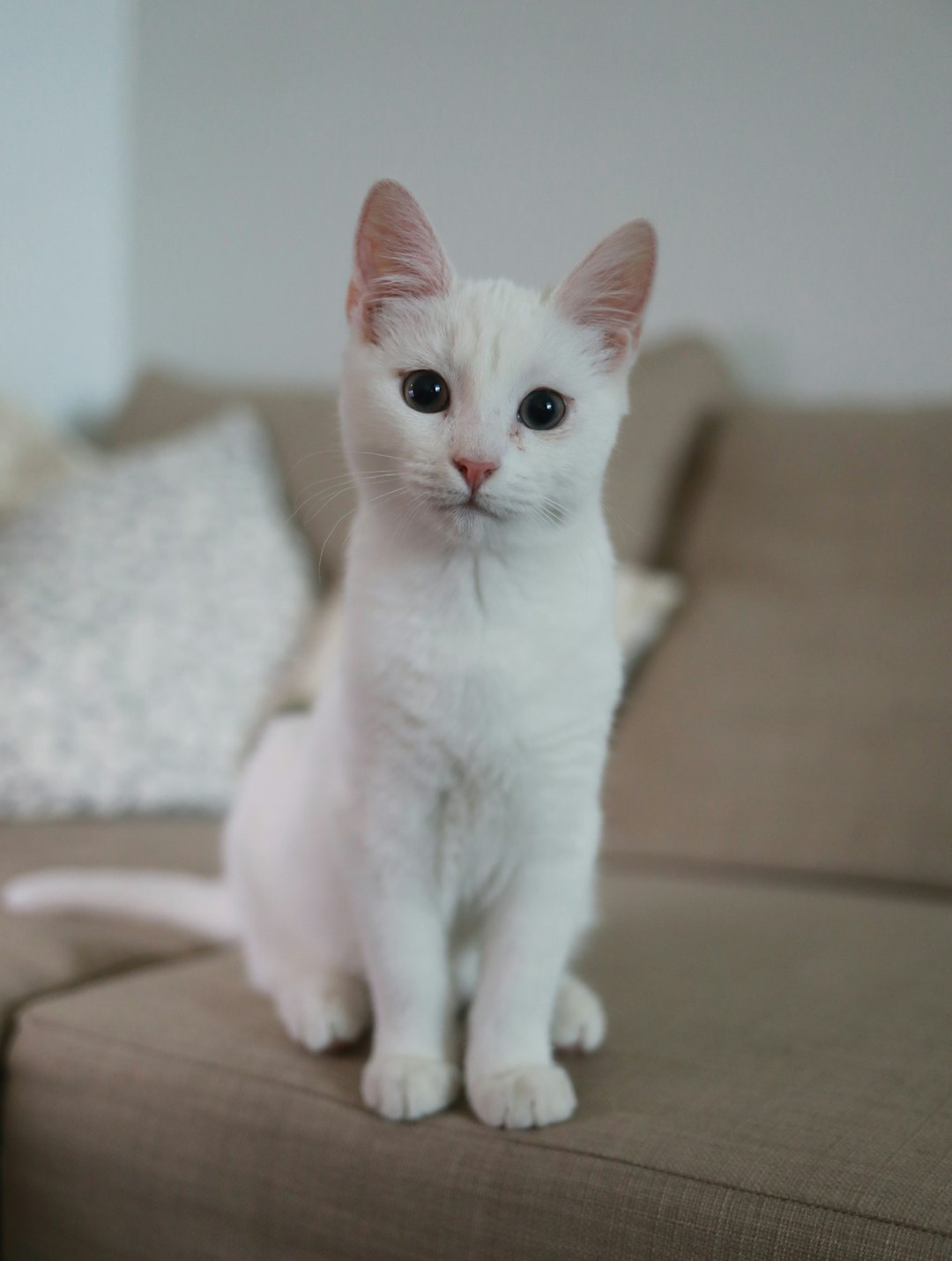As pet owners increasingly seek natural remedies for their feline companions, CBD for cats has gained significant attention. This non-psychoactive compound, derived from hemp, offers various potential benefits, including pain relief and anxiety reduction. However, understanding how CBD interacts with a cat’s physiology is crucial for ensuring their safety. In this post, we will explore the advantages of CBD, recommended dosages, administration methods, and important safety considerations, empowering you to make informed decisions about your cat’s health and well-being.
Understanding CBD and Its Effects on Cats
Cannabidiol, commonly known as CBD, is a non-psychoactive compound derived from the hemp plant. Pet owners increasingly explore CBD for cats due to its potential health benefits. But how does it affect our feline friends?
Interaction with Endocannabinoid System: Cats have an endocannabinoid system (ECS) that regulates various physiological processes. CBD interacts with this system, promoting balance and homeostasis.
Potential Effects:
- Anxiety Relief: CBD may reduce stress and anxiety, helping cats cope with various triggers, such as loud noises or changes in their environment.
- Pain Management: Many cat owners report that CBD for cats helps alleviate chronic pain and inflammation.
- Appetite Stimulation: Some studies suggest CBD can stimulate appetite in cats that are hesitant to eat, particularly during illness.
Overall, the effects of CBD for cats can vary significantly depending on the individual animal and the dosage used. It’s crucial to monitor your cat’s response carefully, as each cat may require different dosing for optimal effects.

The Potential Benefits of CBD for Feline Health
CBD for cats offers several compelling benefits that can enhance your feline’s well-being. Here are the most notable advantages:
Anxiety Relief: Many cats experience anxiety due to changes in their environment or routine. CBD for cats can help calm their nerves, reducing stress-related behaviors.
Pain Management: CBD is known for its analgesic properties. It can assist in alleviating chronic pain conditions, providing your cat with improved mobility and comfort.
Anti-Inflammatory Effects: Studies suggest that CBD can reduce inflammation, making it beneficial for cats suffering from arthritis or other inflammatory disorders.
Support for Digestive Issues: If your cat struggles with nausea or poor appetite, CBD for cats may promote better digestion and stimulate hunger.
Seizure Control: For cats with seizure disorders, CBD has shown promise in reducing the frequency and severity of seizures.
Summary Table of Benefits
| Benefit | Description |
|---|---|
| Anxiety Relief | Reduces stress and anxiety |
| Pain Management | Eases chronic pain |
| Anti-Inflammatory Effects | Lowers inflammation |
| Improved Digestion | Promotes better appetite |
| Seizure Control | Reduces seizure frequency |
Incorporating CBD for cats into your pet care routine could lead to significant improvements in their overall quality of life. However, always consult with your veterinarian before beginning any new treatment.
Recommended Dosage Guidelines for Cats
Determining the right dosage of cbd for cats can be tricky. Factors such as weight, age, and health condition significantly influence the appropriate amount. Here are essential guidelines to consider:
General Dosage Guidelines
- Starting Dose: Begin with 1-2 mg of CBD for every 10 pounds of body weight.
- Adjustment: If your cat tolerates the starting dose well, you may gradually increase it every few days until the desired effect is observed.
Recommended Dosage Table
| Cat Weight (lbs) | Starting Dose (mg) | Maximum Dose (mg) |
|---|---|---|
| 5 | 0.5-1 | 5 |
| 10 | 1-2 | 10 |
| 15 | 1.5-3 | 15 |
| 20 | 2-4 | 20 |
Important Considerations
- Consultation: Always consult your veterinarian before starting cbd for cats.
- Formulation: Choose products specifically designed for cats, as they often have precise dosing instructions.
By carefully following these guidelines, you can safely introduce cbd for cats into your pet’s routine, promoting their overall well-being.
How to Administer CBD to Your Cat
Administering cbd for cats can be straightforward when you follow these steps:
Choose the Right Form:
- Oils: Easy to dose and can be mixed with food.
- Treats: Convenient and palatable for picky eaters.
- Capsules: For more straightforward dosage, though some cats may resist swallowing them.
Determine the Dosage:
- Start with a low dose. The general recommendation is 1-5 mg of CBD for every 10 lbs of your cat’s weight.
- Monitor their response and adjust as necessary.
Administration:
- For oils, use a dropper to deliver the oil directly into your cat’s mouth or mix it with their food.
- If using treats, simply give them as you would any other treat.
Monitor Your Cat:
- Observe your cat for any changes in behavior or health.
- Note improvements in their condition and consult your veterinarian if needed.
By following these steps, you can effectively administer cbd for cats while ensuring their comfort and safety.

Common Safety Concerns and Side Effects
When considering CBD for cats, it’s essential to be aware of potential safety concerns and side effects. While many cat owners report positive outcomes, some effects may arise, including:
- Drowsiness: CBD may have a calming effect, potentially leading to increased sleepiness.
- Dry Mouth: Some cats might experience reduced saliva production, resulting in a dry mouth.
- Lowered Blood Pressure: High doses of CBD can occasionally cause a slight drop in blood pressure, leading to lightheadedness.
- Diarrhea: In some cases, an adjustment period may lead to gastrointestinal upset.
Precautionary Measures
To minimize risks when using CBD for cats, consider the following precautions:
- Start with a Low Dose: Gradually introduce CBD to your cat’s routine, allowing you to observe any adverse reactions.
- Monitor Behavior: Keep a close eye on your cat after administration. Look for any unusual behavior or symptoms.
- Choose Quality Products: Ensure you select high-quality CBD oils formulated specifically for cats.
As with any supplement, consulting your veterinarian before starting CBD for cats can help ensure a safe and beneficial experience for your feline friend.
Choosing the Right CBD Product for Your Cat
Selecting the appropriate CBD for cats can significantly influence your feline friend’s experience and health outcomes. Here are key factors to consider when choosing a product:
Formulation: CBD is available in various forms such as oils, treats, and capsules.
- Oil: Offers precise dosing and can be mixed with food.
- Treats: Convenient, but ensure they contain sufficient CBD.
Concentration: Look for products that clearly state the CBD concentration. This ensures you’re giving your cat an adequate dose tailored to their needs.
Source: Choose products derived from high-quality, organic hemp. This ensures fewer contaminants and better quality.
Third-party testing: Verify that the product has undergone third-party testing for safety and efficacy. This information should be available on the product’s label or website.
Full-spectrum vs. isolate:
- Full-spectrum: Contains additional cannabinoids which may provide enhanced benefits.
- Isolate: Contains pure CBD, suitable for cats sensitive to other compounds.
By considering these aspects, you can confidently choose the right CBD for cats that meets their specific needs and ensures their wellbeing.
Consulting Your Veterinarian: When and Why
Before introducing CBD for cats into your feline’s routine, consulting your veterinarian is crucial. They can provide insights tailored to your cat’s individual needs and health conditions. Here are key points to consider:
- Existing Health Conditions: If your cat has underlying conditions, a vet can help assess any potential interactions between CBD for cats and prescribed medications.
- Proper Dosage: Veterinarians can recommend appropriate dosages based on your cat’s weight, age, and health status, ensuring safe and effective use.
- Monitoring Side Effects: If your cat experiences adverse reactions after starting CBD for cats, your vet can guide you in managing these concerns.
- Preventing Misinformation: Many online sources lack scientific backing. A vet ensures you receive reliable, evidence-based advice regarding CBD for cats.
In summary, always prioritize a veterinarian’s expertise to ensure the safety and well-being of your cat while exploring the benefits of CBD for cats.

Real-Life Experiences: Cat Owners’ Testimonials on CBD
Many cat owners have turned to CBD for cats as a natural remedy for various health issues. Their testimonials often highlight the transformative effects CBD can have on their feline companions. Here are some common themes from these experiences:
Enhanced Mood: Many owners report a noticeable improvement in their cat’s behavior. After starting CBD, they observe their once anxious or withdrawn pets becoming more relaxed and playful.
Eased Pain and Discomfort: Several cat parents share stories of using CBD to alleviate chronic pain in aging cats. They find that cbd for cats can provide relief without the side effects associated with conventional medications.
Improved Mobility: Owners of cats with joint issues have noted better mobility and a return to normal activity levels after introducing CBD into their routine.
Reduced Stress: Cat owners often mention significant reductions in stress during stressful situations, such as vet visits or fireworks, when using CBD oil.
These testimonials indicate a growing trend among cat owners exploring CBD for cats as a viable option to enhance their pets’ quality of life. Always consult with a veterinarian before starting any new treatment.
Frequently Asked Questions
What are the benefits of using CBD for cats?
CBD, or cannabidiol, offers several potential benefits for cats, including relief from anxiety and stress, reduction of pain and inflammation, and improvement in overall well-being. Many cat owners report that CBD can help with conditions such as arthritis, seizures, and appetite loss. It may also promote better sleep and relaxation, allowing your cat to live a more comfortable and enjoyable life. However, it’s essential to consult with a veterinarian before introducing CBD to your cat’s routine.
How should I determine the right dosage of CBD for my cat?
Determining the correct dosage of CBD for your cat requires careful consideration of factors such as their weight, age, and overall health condition. A general guideline suggests starting with a low dose, typically around 1-2 mg of CBD per 10 pounds of body weight. It’s important to monitor your cat’s response and adjust the dosage gradually if needed. Always consult your veterinarian for personalized dosing recommendations and to ensure your cat’s safety when using CBD.
Are there any safety concerns associated with CBD use in cats?
While CBD is generally considered safe for cats, there can be certain safety concerns to be aware of. Cats can experience side effects such as drowsiness, diarrhea, or changes in appetite, especially if given too high a dose. Additionally, it’s crucial to ensure that the CBD product used is specifically formulated for pets and free from harmful additives like THC or artificial ingredients. Always consult your veterinarian before starting CBD to address any potential interactions with other medications your cat may be taking.
Can I give my cat CBD oil meant for humans?
It is not advisable to give your cat CBD oil that is intended for human use. Human CBD products may contain higher concentrations of THC, which can be toxic to cats. Pet CBD formulations are specially designed to be safe for pets, with appropriate dosages and no harmful additives. Always choose CBD products that are specifically labeled for pet use and consult with your veterinarian to find the best options for your cat’s needs.



